Staburo strategic initiative: Estimands and endpoints
Under the umbrella of our Staburo strategy 2027, we identified important topics for our industry and our company. Accordingly, a number of internal strategic initiatives, in which team members jointly work on these topics, were launched.
At the end of 2023, five Staburo statisticians and five disclosure managers and medical writers joined our initiative ‘Hot topics: Estimands and Endpoints’ led by Managing Director Hannes Buchner and spent over a year producing valuable results.
Our achievements include a poster at the 57th EMWA Conference in Valencia (‘An attempt to translate estimands into plain language’, Staburo @ 57th EMWA Conference in Valencia | Data science, biostatistics, data transparency, bioinformatics and statistical programming) and a poster at the PSI 2024 Conference in Amsterdam (‘Conditional vs Marginal Effects: A Systematic Review of OS and PFS on ClinicalTrials.gov’, Staburo @ PSI Conference 2024 | Data science, biostatistics, data transparency, bioinformatics and statistical programming ) as well as preparations for future conference contributions and a webinar about estimands and medical writing.
Moreover, we established participation as active members in the EMWA Regulatory Writing Group and in the Estimand Implementation Working Group (EIWG) from EFPIA in the subgroup ‘Reporting of Estimands’.
Other hands-on results are internal guideline documents and trainings for accurate and consistent definition of endpoints in clinical trial protocols, statistical analysis plans and for results disclosure, and four trainings about estimands and their implementation in clinical trial protocols tailored for our clients as well as two internal trainings.
We are proud to have strengthened Staburo’s expertise on this important topic building on previous work (including https://doi.org/10.1002/pst.2158, Staburo @ Joint EFSPI / BBS Webinar: Estimands addendum is final: Anything new for oncology? | Data science, biostatistics, data transparency, bioinformatics and statistical programming) and are looking forward to the next strategic initiatives that have already started.
Contributing colleagues were Stephan Bischofberger, Gabriele Bleckert, Hannes Buchner, Marie-Paule Ehrhart, Habib Esmaeili, Ulrike Fischer, Anita Kociaj, Kathi Künnemann, Edith Küpper, Maarten van Dijk and Markus Waser.
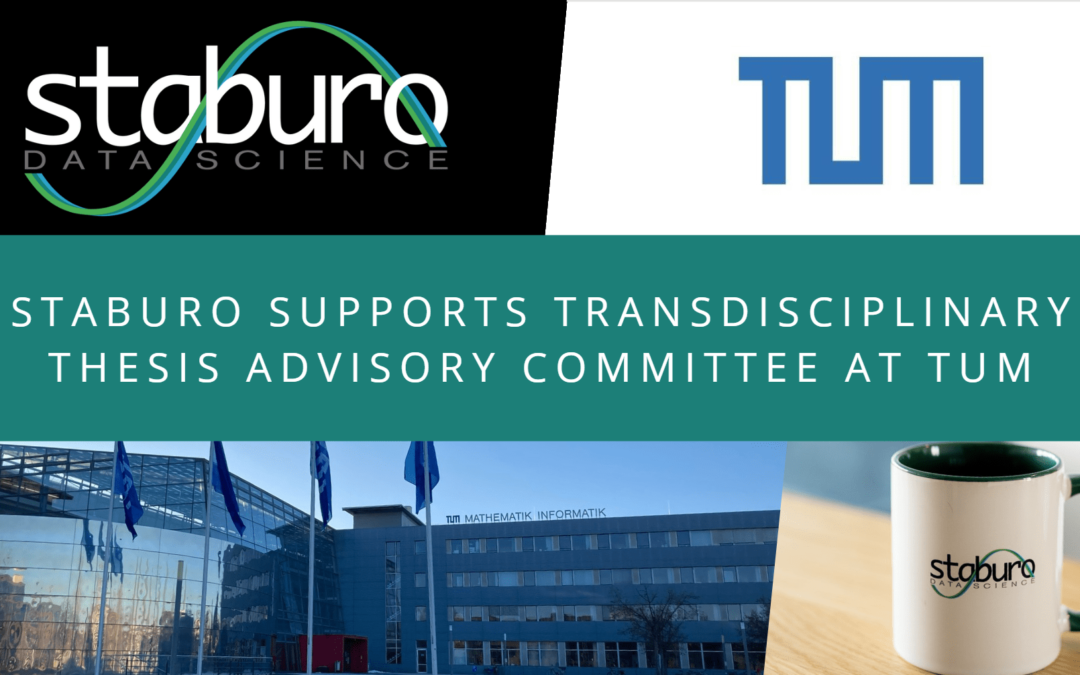
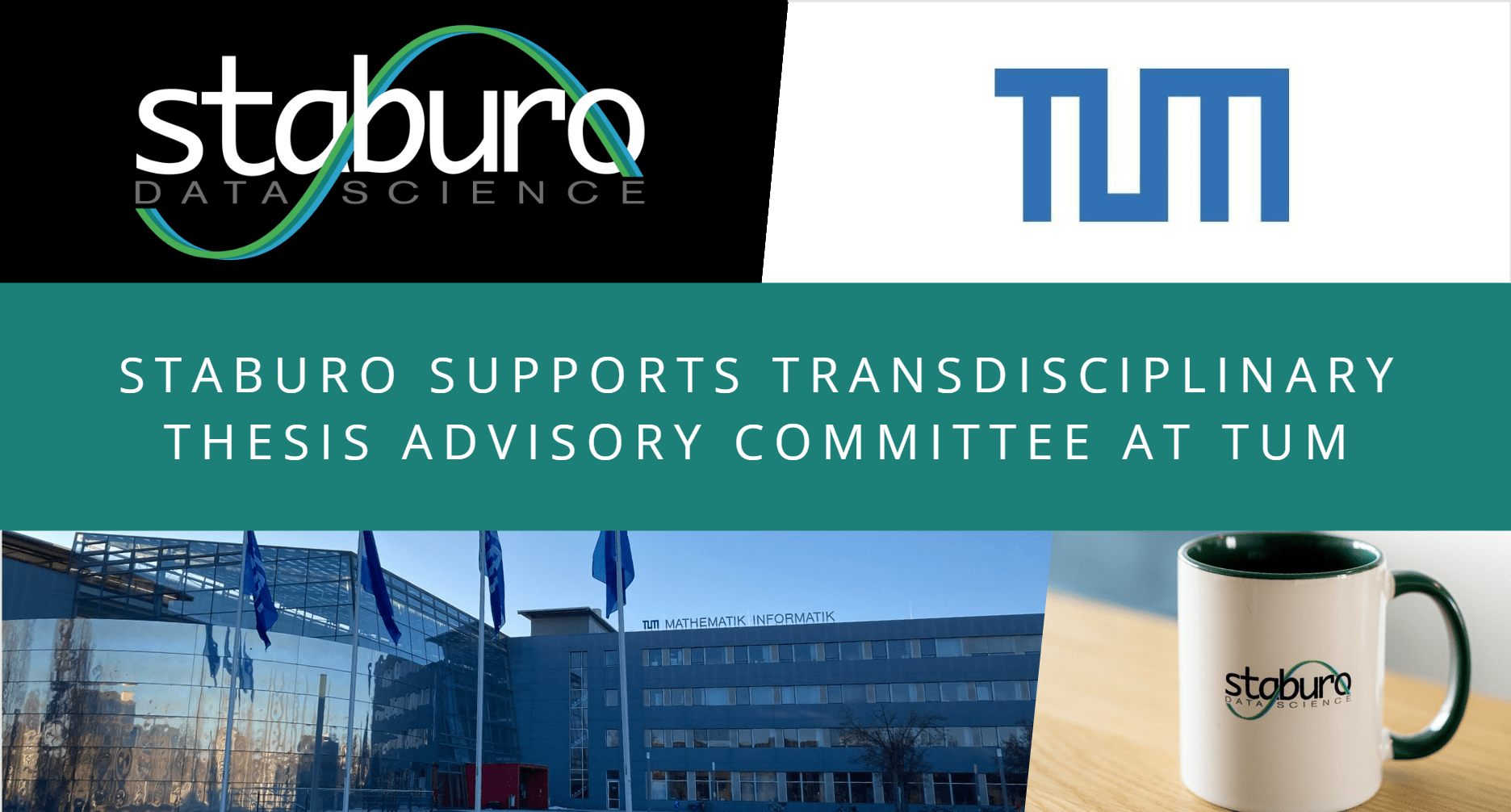

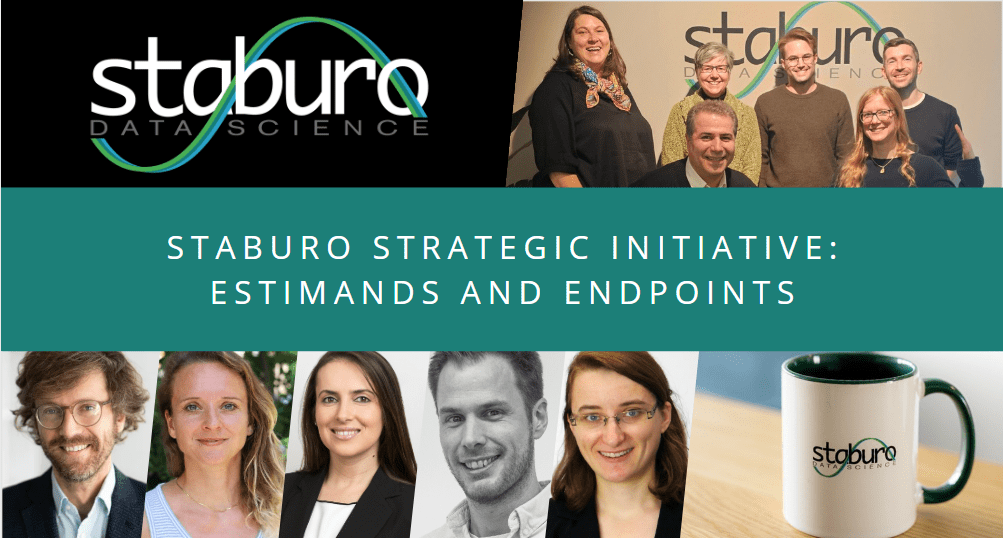
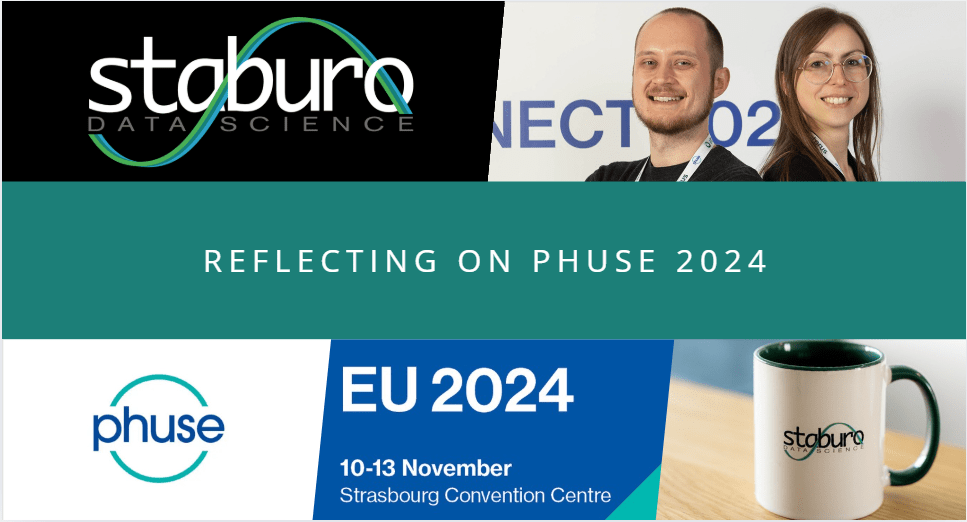

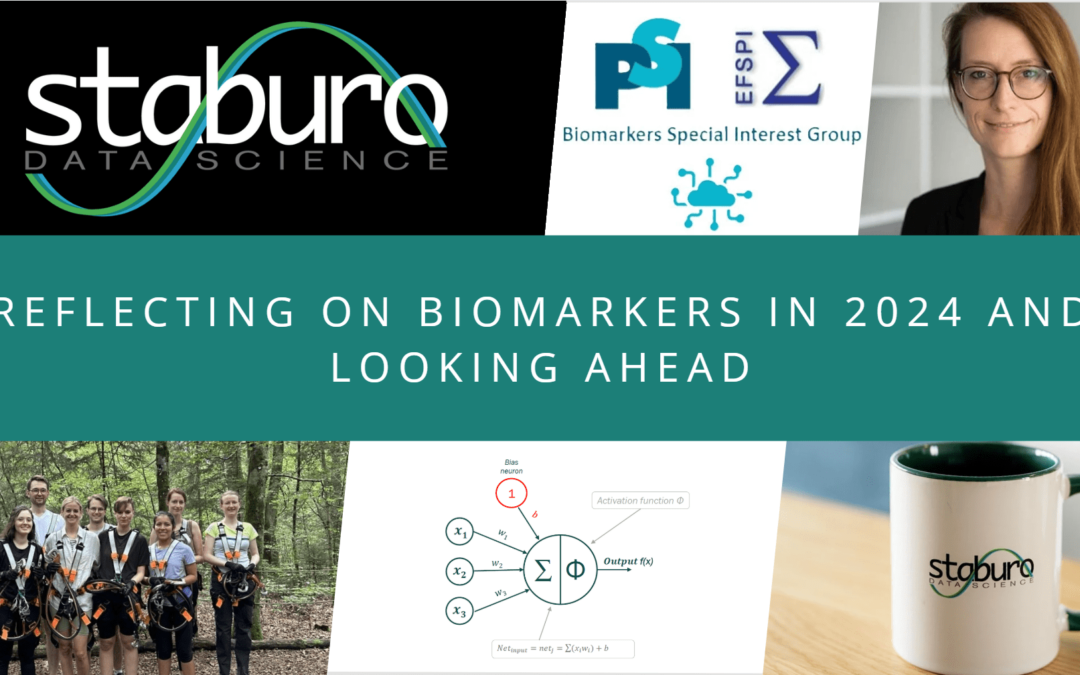
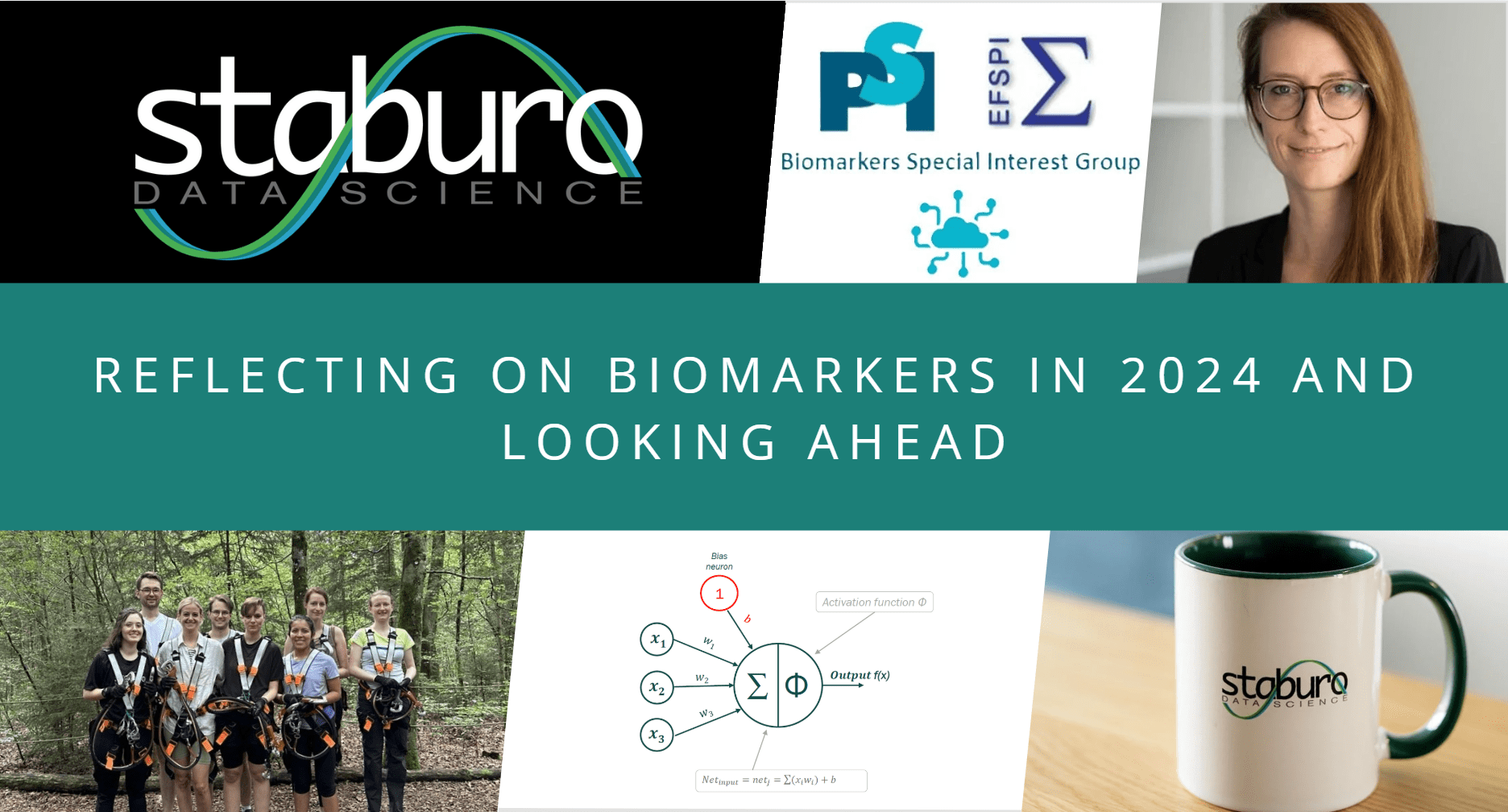


Recent Comments